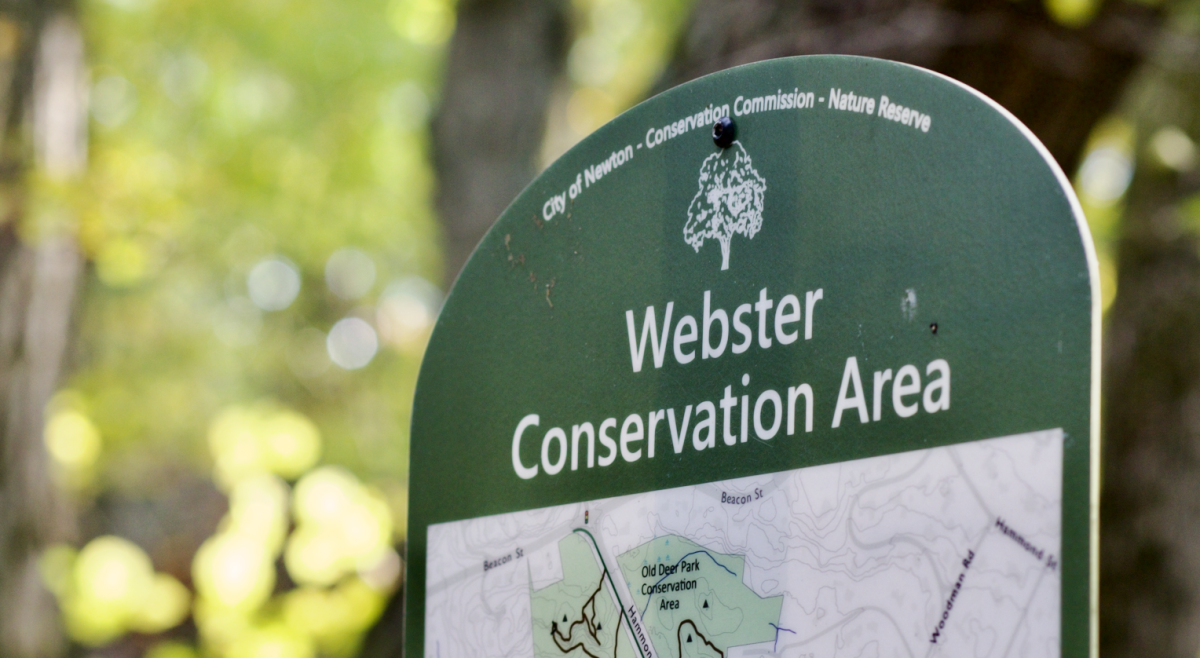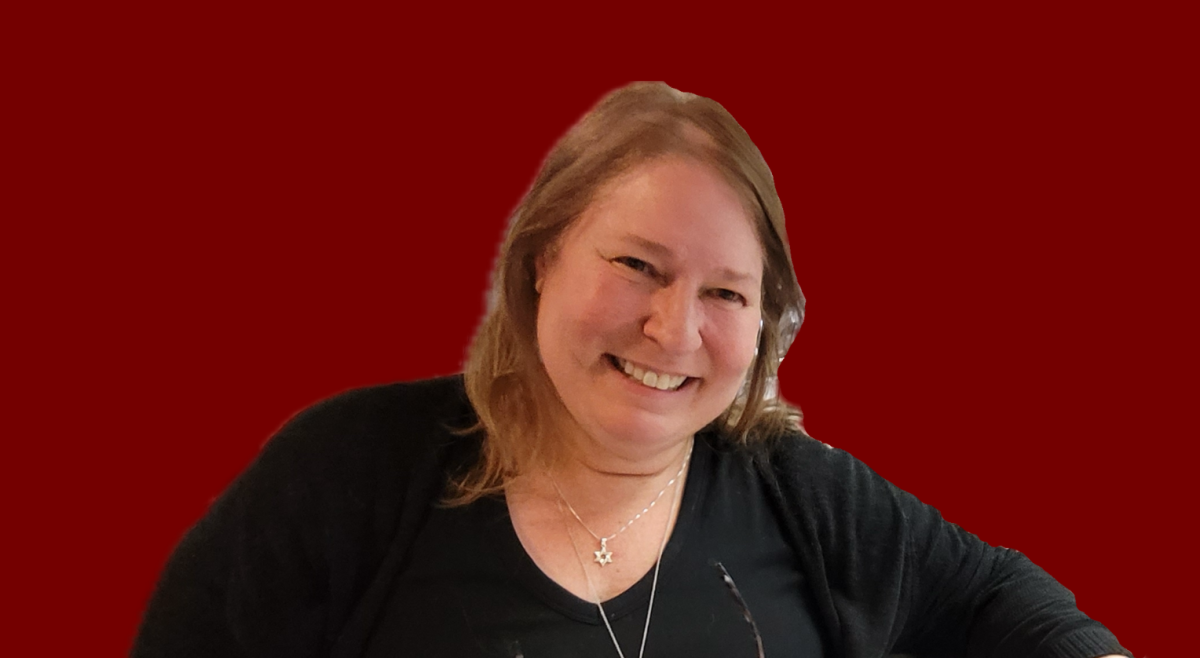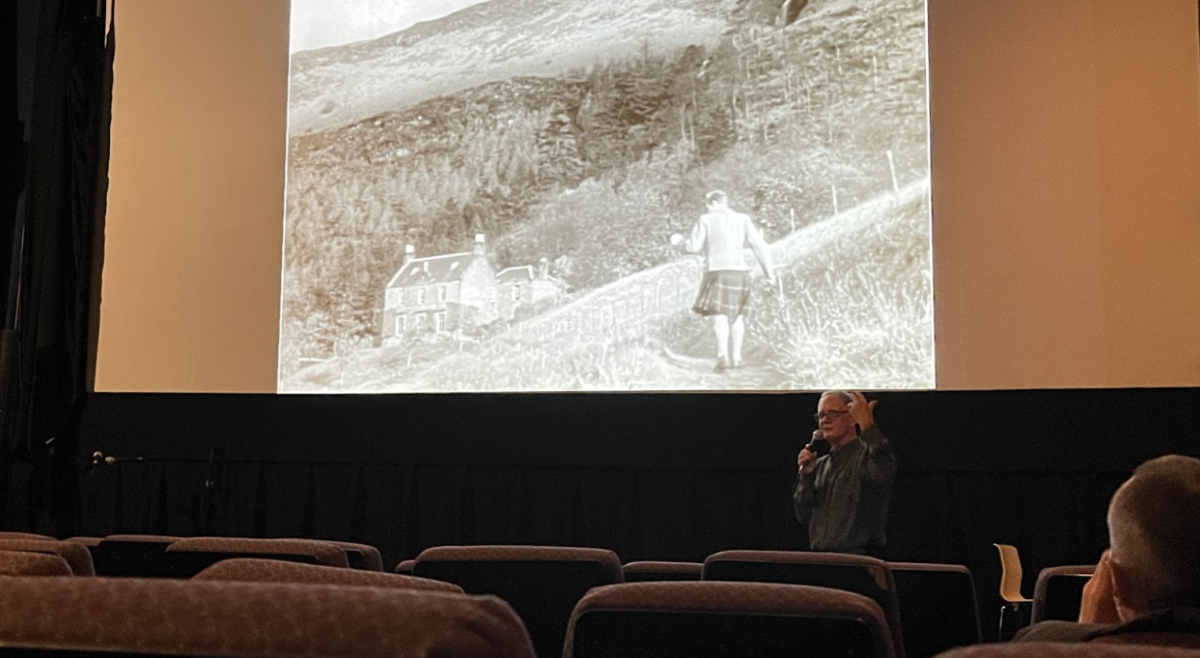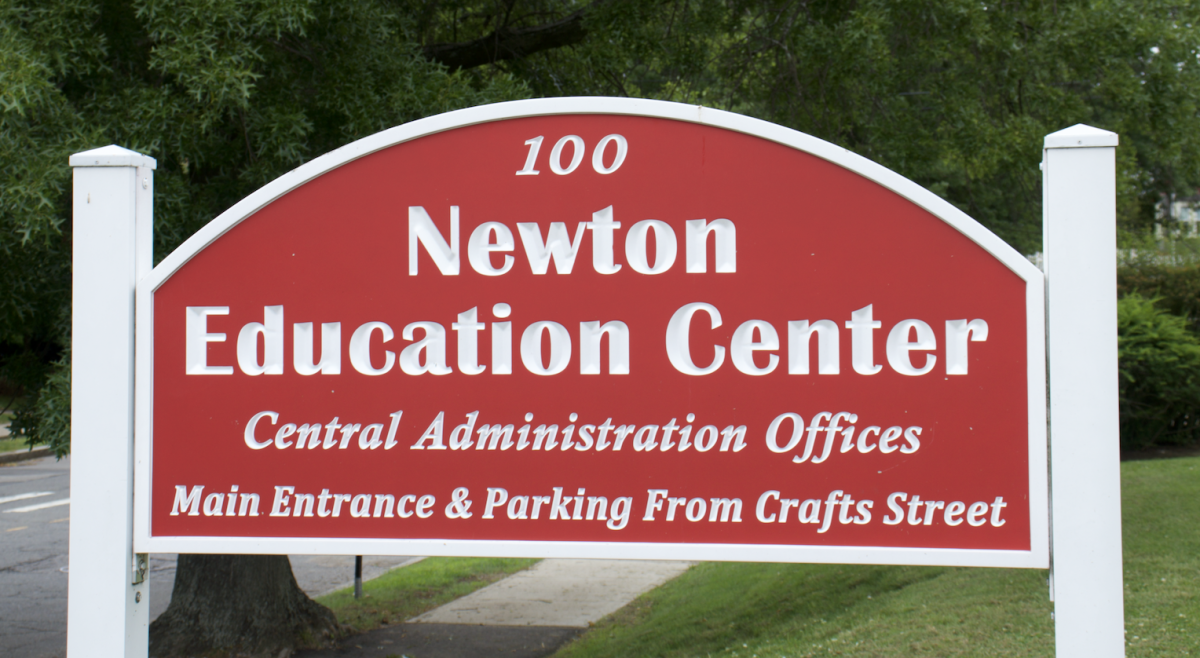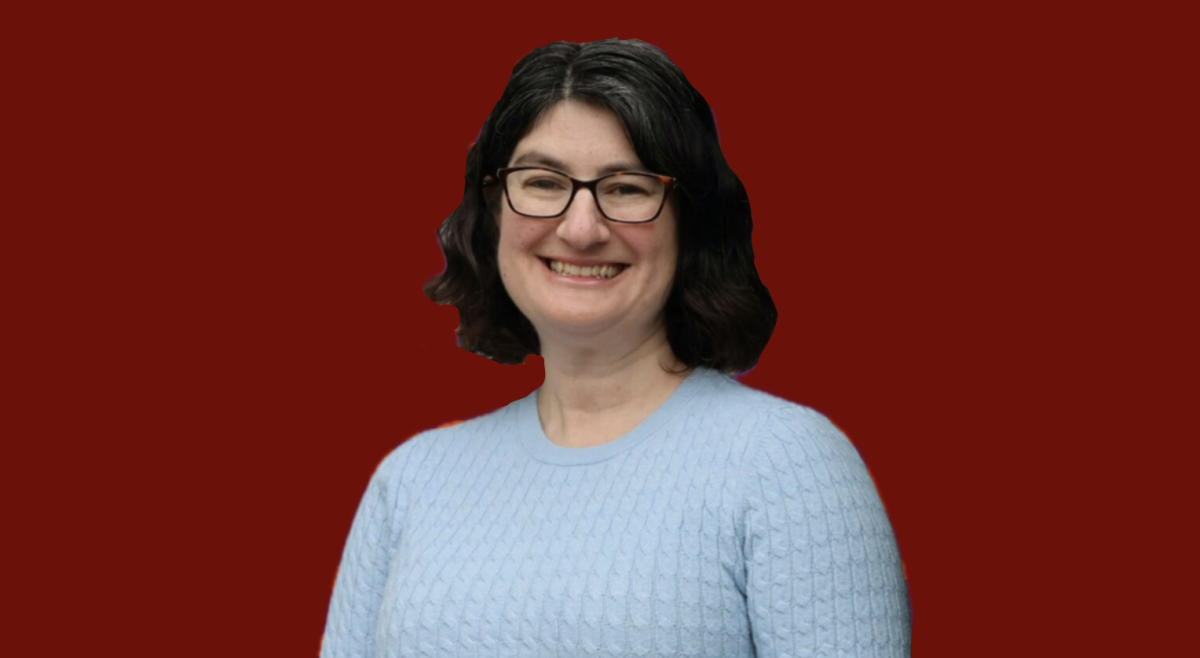Massachusetts university and high school students, lawyers, lawmakers, concerned parents, and survivors of sexual violence packed into a small hearing room in the State House—seats filled quickly, leaving many standing in the aisles, as countless people testified for and against Bill H.1208 and Bill S.764. Personal testimonies of sexual assault survivorship greatly outnumbered public opposition to the bill on Tuesday, and, for over two hours, Massachusetts representatives heard stories of why or why not this bill should be passed.
Bill H.1208, if passed, will establish a task force on sexual assault climate surveys. The climate surveys will eventually be mandatory for public and private universities and colleges in Massachusetts. Sponsored by Representative Lori Ehrlich and Senator William Brownsberger, the House bill’s Senate counterpart is Bill S.764, which defines terms related to sexual violence and says that colleges and universities must have certain procedures in place for responding to sexual violence on campus.
The preponderance of evidence standard would be mandated by the proposed bill—the Trump administration is proposing that the federal government will no longer mandate that standard, giving universities the option to use a higher standard of proof. If colleges choose, they will be able to use the “clear and convincing” standard rather than the “preponderance of evidence” standard.
It was presented by Senator Michael Moore. Both bills were discussed before the Joint Committee on Higher Education, with invited constituents speaking for or against the bills.
A Heights article published in March stated that the bills passed in the Massachusetts Senate and House of Representatives last year. The two bills weren’t consolidated into one bill between the two houses of Massachusetts’ congress before last year’s legislative session ended, preventing the bill from reaching Governor Charlie Baker’s desk.
“It’s time this legislation passes,” Moore said before the Committee.
Liam Lowney, the executive director in the Massachusetts Office of Victim Assistance (MOVA), stressed the importance of passing these bills, especially as MOVA host’s National Victim Rights Month in April. Lowney also emphasized transparency for victims of sexual assault, as the climate surveys will eventually provide survivors and non-survivors alike with information about sexual assault on college campuses.
“It’s important that we empower survivors with information,” Lowney said.
In the crowd and testifying was Katie Babbin, BC ’18. Babbin currently works as a legislative aid for Representative Randy Hunt of the 5th Barnstable district of Massachusetts. Hunt expressed enthusiastic support for the bills and advocated for putting them into action as quickly as possible.
Bill S.764 mandates annual sexual assault and dating violence prevention and awareness programming to newly admitted students of Massachusetts universities. The initiatives of Bill S.764 are similar to Stand Up BC’s Bystander Intervention program. Babbin, who was a trainer for Bystander Intervention while at BC, highlighted the effectiveness of Bystander Intervention training during her testimony—saying that the annual repetition of awareness and prevention programs are crucial.
Bystander Intervention modules are currently administered to freshmen by Bystander Intervention trainers, such as Babbin. According to BC’s website, Bystander Intervention seeks to define sexual assault and promote awareness strategies, among other things. Still, Babbin believes that the restriction to first-year students limits Bystander Intervention.
“We knew that we could only reach a certain group of people freshman year,” Babbin said. “But it’s an ongoing issue, and it just needs more attention.”
With the passing of this new bill, Bystander Intervention will reach all students annually, instead of just training first-year students—the same goes for universities and colleges across Massachusetts.
Lily James, a student with a group from Mount Holyoke College that supports the bills, submitted a stack of printed photos of students to the Joint Committee on Higher Education, all of whom wanted to voice their support for the bills but couldn’t make it physically to the hearing.
Some people at the hearing opposed the implementation of the bills. Although few and far between—the number of survivors that came to speak in support of the bill largely outweighed those that testified in opposition—a few approached the committee with a lack of support.
Wendy Murphy is a lawyer specializing in violence against women and children. She opposed both bills, arguing that they propose that criminal definitions be used, making it more difficult for survivors to bring charges against their attacker within the school.
The hearings for these bills at the state level coincide with the timing of President Donald Trump’s proposed changes to Title IX. The Trump administration has proposed to narrow the definition of sexual assault at institutions of higher education and limit when the institution can be held accountable for instances of sexual assault.
According to The New York Times, Education Secretary Betsy DeVos’s proposed changes to Title IX will enhance the rights of those accused of sexual assault. Should the Trump administration’s changes to Title IX be implemented, Title IX will hold “schools accountable only for formal complaints filed through proper authorities and for conduct said to have occurred on their campuses,” according to Erica L. Green, a New York Times reporter.
“They would also establish a higher legal standard to determine whether schools improperly addressed complaints,” Green wrote.
Mayor Martin J. Walsh, BC ’09, publicly voiced his opposition of the Trump administration’s proposed changes. With such a heavy population of college students attending institutions of higher education in Boston, Walsh believes these changes would hurt students.
“I want to make sure Secretary DeVos and Donald Trump hear it loud and clear: We believe survivors,” Walsh said. We believe women. And we believe they deserve more support, respect, and compassion—not less.”
Toward the end of the hearing, Debra Robbin, the executive director of Jane Doe Inc., voiced one of the final words of support for the bills. As a part of the proposed bills, institutions must have at least one confidential resource advisor that may provide a student with reporting options and refer a student to counseling, medical, or health services, among other things. The Senate bill will also provide survivors with an anonymous method to report assaults. For Robbin, the confidentiality and availability of advocates is a vital element to these bills.
“Sexual assault and domestic violence survivors should have access to advocates,” Robbin said.
Babbin believes that the proposed bills could aid with necessary changes to stop sexual assault at institutions of higher education.
“I think that if we have better understanding of what students are facing on campus and what they’re going through, we can get a better understanding, create better policies, better trainings, and then survivors may feel more comfortable coming forward,” Babbin said.
Featured Image by Isabella Cavazzoni / Heights Editor

